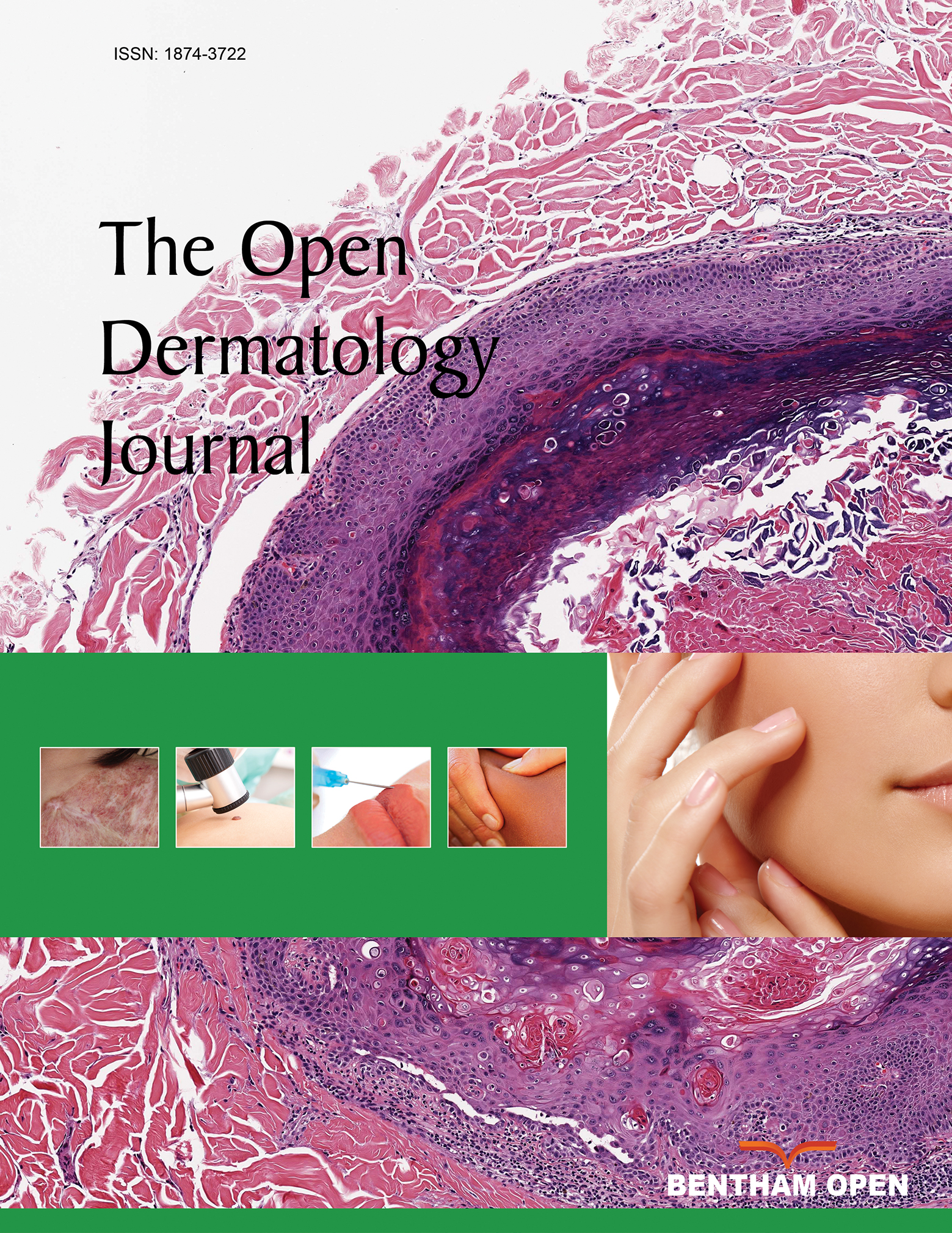All published articles of this journal are available on ScienceDirect.
Insights into Alopecia Areata: A Systematic Review of Prevalence, Pathogenesis, and Psychological Consequences
Abstract
Background
Alopecia areata is an autoimmune condition distinguished by visual non-scarring hair loss in different head and face regions. The condition affects every age group and is prevalent in all types. Alopecia areata is a disorder that arises from a malfunction of the immune prerogative of the hair follicle, which can be managed with new treatments and remission.
Objective
This study aimed to determine the psychological impacts of Alopecia, the frequency of the condition, and its impact on quality of life.
Methods
Data from relevant studies conducted between 2018 and 2023 were collected using the PRISMA criteria and the SPIDER framework. For this review, 15 studies were selected using specific keywords, such as Alopecia Areata, Alopecia Prevalence, Alopecia areata management, and Alopecia areata treatment on 8 search engines, such as PubMed, Scopus, Google Scholar and more. The papers were selected through inclusion and exclusion criteria. Psychological factors, such as mental health, anxiety, stress and depression, were found to play a significant role in this autoimmune condition.
Results
The updated approach in this study analyzes the prevalence of Alopecia areata,its impacts on daily life, and underlying mechanisms. It emphasizes the psychological burdens and advocates for awareness, education, and support for affected individuals.
Conclusion
This systematic review advances the understanding of the prevalence of Alopecia areata and its psychological effects, with potential implications for healthcare practices and policy decisions.


